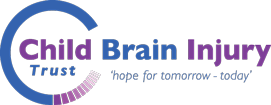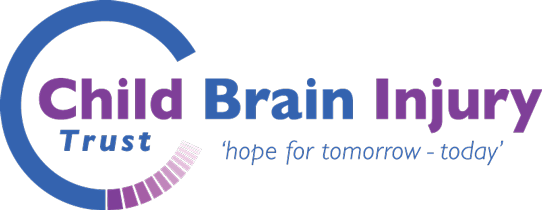Bush & Co operations manager and qualified sports scientist Stuart Berry has almost 10 years of experience in the field of sport and rehabilitation and is an advocate for sport being used as an important tool following catastrophic injury. With proven research into the effects of sport on mental wellbeing, Stuart talks us through the role sport can play in a young person’s rehabilitation following acquired brain injury.
As a case manager that has worked with many clients who have sustained life changing injuries, I have seen first-hand the significant impact sport and physical activity can have on a young person’s rehabilitation programme even when they may think playing sport is no longer an option for them. For those that enjoy physical activity, the connection to sport is so incredibly important socially, mentally and physically that I will always look for an outlet.
“I have seen first-hand the significant impact sport and physical activity can have on a young person’s rehabilitation programme”
Not only does sport provide you with the opportunity to partake in exercise, it has a positive impact on mental well-being, encouraging interaction with others where possible as well as developing friendships with peers. My experience working as a sports coach gave me a fantastic insight into how sport can be a useful tool in engaging young people with learning disabilities, which is something I’ve been able to transfer to my previous case management role. It highlighted how much enjoyment and fulfilment can be achieved from physical activities; sport enabled them to engage with others, work as a team and also be competitive in a safe environment.
In many cases sport can help you to re-engage with friends and gain fulfilment through exercise. Furthermore the exercise will greatly assist with your rehabilitation both physically and psychologically. Regular sporting activity can add structure and routine to your week which may have drastically changed due to your injuries so this is likely to be a welcomed return.
Whilst there is likely to be a lot of things to adjust to in the early stages of your rehabilitation journey, in my opinion re-engagement in a sport or club that you were previously part of should happen as soon as possible; even in early stages of recovery there are so many benefits that can be felt. Even if you’re unable to participate, being able to go along to a session just to see familiar faces can have such a positive impact on your mental well-being.
Setting goals are one of the most effective ways of measuring progress throughout rehabilitation as well as providing focus and motivation for not only you but the rehabilitation team. This is why it will come as no surprise that case managers often set unique personal goals with clients that involve getting back into sporting activities such as playing on a local football team, swimming at the leisure centre or taking a long walk. We find that throughout rehabilitation this is often what is missed the most and not being able to do these things can have a significant impact on their physical and psychological well-being. Therefore personal goals are often set around getting individuals to a level where they can begin engaging in their chosen sport again whilst building up their fitness levels.
“Sport can help motivate clients and ensure they’re approaching their rehabilitation with a positive attitude”
With so many great reasons to get involved in sport or physical activity as part of a rehabilitation programme following a serious injury such as acquired brain injury, there are a couple of things I’d recommend to start with. There are a number of great resources online focusing on Parasports including https://parasport.org.uk/; which along with parents/carers you could take a look at. It features a search facility that highlights relevant sports clubs and activities in your location that you may want to get involved in. Alongside this, professional clubs are now frequently setting up dedicated sessions for those with learning disabilities which are a great opportunity to experience sport in a comfortable environment. It’s normal to feel anxious joining a new club or trying something new which is why I’d also suggest perhaps initially visiting the club with a family member if this is the case; and gradually get involved once you feel comfortable. It’s important to remember there is no rush and to do things at your own pace.
Sport creates community. To share interests with likeminded people, to see them every week, work as a team and achieve something at the end has such a positive effect on mental wellbeing, it can also help motivate you and ensure you’re approaching their rehabilitation with a positive attitude. With COVID-19 closing many sports clubs and activities for children and young people, it’s important to find ways to keep the sense of community going and I would encourage families to look for online groups and keep in touch virtually with the teams they are part of.
For more information about Stuart, our UK-wide team of case managers and what we do please visit www.bushco.co.uk or call 01327 876210.


